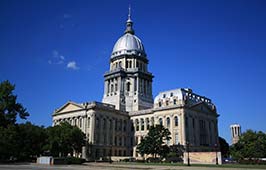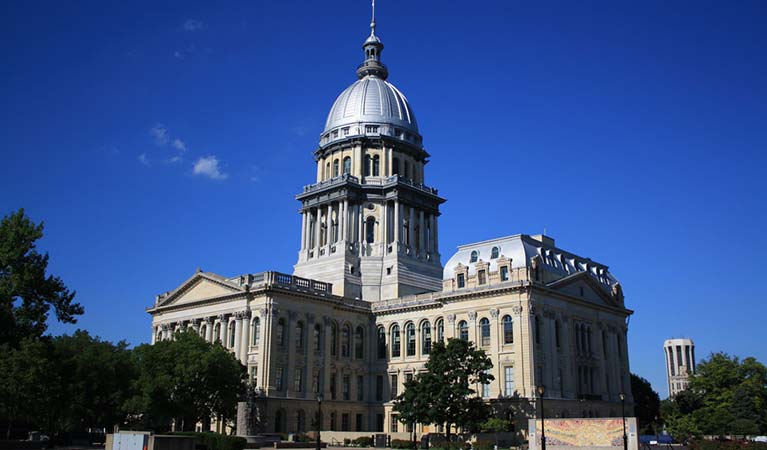In the final moments of the legislature’s final day of the session, an unexpected turn of events saw Illinois lawmakers pass a bill on Wednesday to legalize online gambling and daily fantasy sports.
In the hands of the House
The bill, House Bill 479 (HB 479), passed the full Senate by a huge margin, receiving a 42-10 vote, and will now head to the House for further considerations.
Members of the House will likely reconvene in the early half of June to tackle a variety of subject matter, with the most prominent hurdle being that of passing a state budget. Other topic of conversations will include competition imposed on HB 479 by rival bills such as one which seeks to only legalise DFS while leaving online poker for another time.
The DFS-only bill stems from an opinion from Illinois Attorney General Lisa Madigan, who in 2015, like many of her counterparts in several other jurisdictions, believed that DFS were violating Illinois law. This situation would replicate that of New York’s case, and proves that the likelihood of only legalizing DFS while shoving online poker to the sideline is within the realm of possibility.
Having said that, since the state has gotten itself in a self-inflicted crisis that has left the fifth most-populous state in the country with a record $14.5 billion of unpaid bills, the potential tax revenue stream generated from both DFS and online casino regulation are most welcome.
Another road block up ahead is that of Rush Street Gaming, whose been opposing legalisation of online gaming despite the fact that it operates the online SugarHouse site in New Jersey and the newest casino in Illinois, Rivers Casino.
The inclusion of online gambling in the DFS bill was touched on by State Senator Kwame Raoul, one of HB 479’s sponsors, as he addressed the Chicago Tribune, “There was controversy last year as to why are we regulating daily fantasy sports activity, which is ongoing in the state, and not regulating internet gaming, which is also occurring. So what this bill attempts to do is also regulate and bring licensure and supervision of internet gaming under the jurisdiction of the Gaming Board. And it would limit the operation of internet gaming to existing casinos.”
The licences, which will span 5 years, would costs existing casinos $10 million and would be an advance payment of taxes, which would be 15 percent of revenue. It’s also possible for The Division of Internet Gaming, the ones responsible for issuing the licenses, to enter compacts for online poker with other U.S. states.
According to revenue analysis, online gambling could provide more than $100 million in tax revenue for the state’s coffers in the coming years.
In conclusion, the passing of HB 479 by the Full Senate is fantastic news, but nothing can be taken for granted. That being said, there is good news for those in favour of online-gaming, and that is in the form of the possibility of the bill’s main opposer, Republican Governor Bruce Rauner, being voted out after a single term.
-
Tags:




